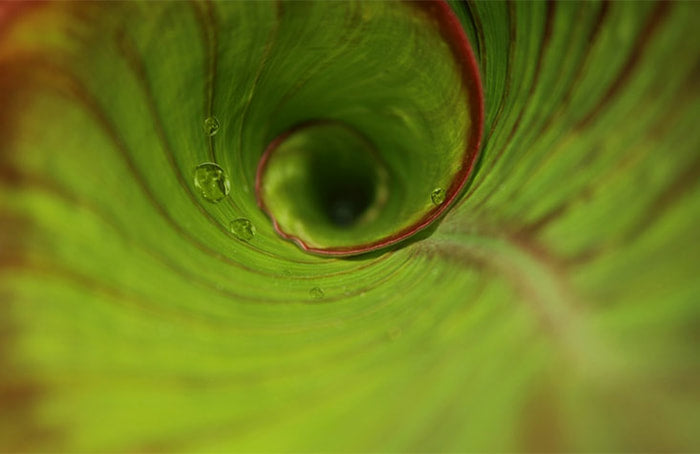FAQs
-
I want to transplant some aspens from my son’s property to mine. What time of year is the best and how should I go about doing it?
Answer: The best time of year is in early to mid spring, while the tree is still dormant. Be careful not to damage roots while digging out tree. Once transplanted the tree will need support. The support should be left on for one year.
-
I live in an apartment but want to have a garden this summer. Is it possible to grow vegetables on a balcony?
Answer: Yes it is! There have been tomatoes that have been bred to grow in a container and grow on a patio. Herbs can also be grown in containers on a patio or balcony.
-
Planting and seed guides say to plant when danger of frost has passed. How do I know when that is?
Answer: The answer to this question depends on a couple of factors including crop type and your location. The cold tolerance of plants varies depending on crop. Cold crops such as pansy or broccoli can tolerate more cold than warm crops like zinnia or tomato. Because of the many elevations in Colorado, the last frost date will depend on where you live. In Denver and Colorado Springs, warm crops can be planted after Mothers Day and cooler crops the last week in April. If you live in the mountains, warm crops should not be planted until mid-June and cooler crops the last week in May.
-
I am looking for ideas for containers on a porch in full sun. I prefer mixed plantings of long-blooming annuals with foliage accents.
Answer: A few sun loving annuals that look great in containers are: zonal geraniums, Bracteantha (also known as “strawflower”), Petunias, Calibrachoa (also known as “million bells”), and Verbenas. Some sun loving accents would be: variegated Vinca Vine, Lysmacia (also known as “creeping jenny”), and Ipomeas (also know as “sweet potato vine”). Any different combination incuding the plants listed above, would look great and would really thrive in full sun.
-
I have a shady area in my garden where nothing seems to grow. Do you have any suggestions?
Answer: There are several annuals that do well in the shade. Begonias, Impatiens, New Guinea Impatiens, Ageratum, and Pansy/Viola are plants that do well in shade. Plants in shady areas may not need as much water as plants in full sun. Be careful not to over water.
-
How often should I fertilize and how much do I use?
Answer: Mix your fertilizer and apply it according to manufacturer’s recommendations. Let the plant tell you the frequency of application. When plants are hungry and need food, they typically start to go from a nice green color to yellow. When plants just begin to turn yellow, they need another application of fertilizer. Too much fertilizer can cause the plant to be very lush and over grow. This can be an issue in containers. Lush growth is more susceptible to disease. Another option, is to just incorporate a “charged” soil additive into your garden at the time of transplant. We would recommend using Mojo Gro “garden blend”.
-
I just moved into a new home. The flower beds haven’t been tended to in a long time. How do I prepare the soil so that whatever I plant will be successful?
Answer: The first thing to do is to remove any weeds and old dead plants. Old plant debris may harbor diseases. If you do not what was grown there before it is best to remove debris rather than working it into the soil. Next would be to work and loosen the soil. This allows good drainage for the roots. A compacted soil may not allow water to enter and the roots will have a difficult time getting established. This is where you can also work in clean compost or a product such as Mojo Gro Garden Soil. You are now ready to get planting!
-
What exactly is mulching and how much will I need for my garden?
Answer: Mulching, is done to keep weeds at bay and it helps keep the moisture content in so that the water you put down on your garden IS really getting to the plants roots and not just washing away. More then 70% of your water is wasted and washes away if you don’t have your plants mulched. 1-2” of mulch surrounding your plants is sufficient.
-
I would like to plant self-seeding annuals and am wondering which plants do the best in our zone.
Answer: Two annual plants that are self seeding that can be grown in Colorado are Snap Dragons and Cosmos. 1 example of a perennial that will self seed are Columbines.

